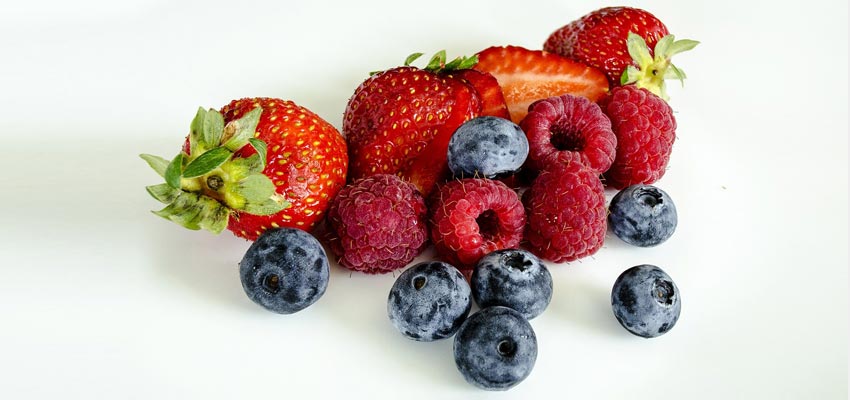Our laboratory AGROLAB Polska has successfully implemented and accredited the determination of norovirus and hepatitis A in fruits and vegetables and swabs.
Norovirus and hepatitis A virus (HAV) are important pathogens that are often transmitted through contaminated food, especially plant products such as frozen berries or leafy vegetables. Noroviruses have been shown to remain infectious in food for long periods of time despite freezing.
As these viruses have RNA-based genomes, reverse transcriptase PCR (RT-PCR) is a key method for detecting their presence in food.
Our lab laboratory AGROLAB Polska has successfully implemented and accredited a state-of-the-art RT-PCR method for fruits and vegetable and swabs.
The RT-PCR allows the detection of RNA viruses such as noroviruses and HAV in contaminated samples. The viral RNA is first transcribed into complementary DNA (cDNA) using reverse transcriptase. This cDNA is then amplified by PCR and specific sequences of the viruses are detected. This technique is particularly effective because it can identify even small amounts of viral RNA in food that is not externally recognizable as contaminated.
YOUR PLUS: RT-PCR can reliably detect the presence of viral particles even though they are not multiplying in the food. This method has been instrumental in outbreaks where contaminated frozen berries have been identified as the source.
Author: Dr. Katja Fuchs, AGROLAB

 Contact
Contact

 Contact
Contact Career
Career